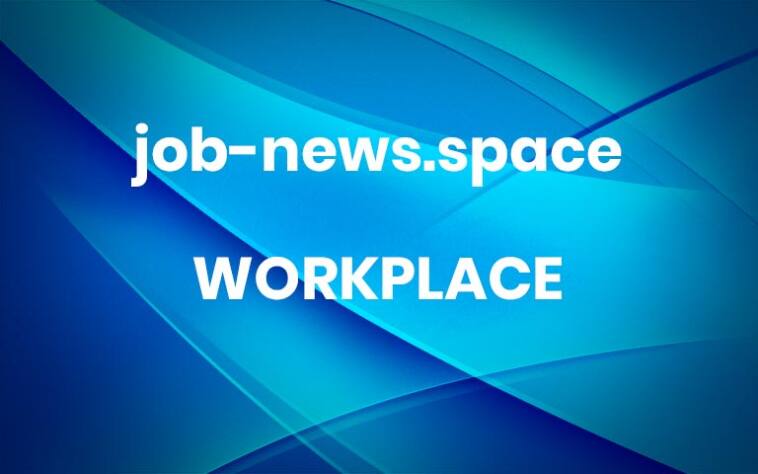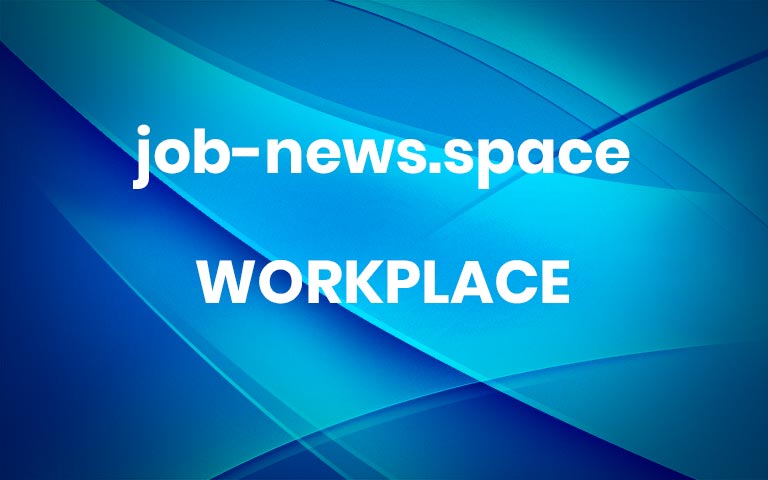4 Career Tips for Gen Z Job Seekers and Employees
It’s rare to find a career-related blog or article today that doesn’t mention the Great Resignation in some shape or form. After 47 million American workers quit their jobs in 2021 with millions more following throughout 2022, 10.8 million U.S. job openings now remain, making it seem like a job seeker’s paradise. But as Gen Z transitions into the workforce, they do so not with optimism, but with uncertainty, anxiety, and feelings of unpreparedness. So why the disconnect?
Despite a record number of job openings and seemingly unlimited opportunities, the workforce’s newest generation is plagued by doubt, consistently missing the on-ramp to the career highway where they can set their focus on cruise control. Considering how many bright young candidates are produced by top universities and internship programs, one has to wonder why so many feel unsure of themselves.
Part of the reason may be that the job landscape has changed drastically in recent years – far faster than most educational or job training programs. If those with decades of work experience are having trouble adjusting, how can those with no work experience assimilate without a model or blueprint to follow? While there’s no clear-cut answer, there are some helpful insights that can point Gen Z job seekers and employees in the right direction. Here are a few career tips for our youngest generation of workers.
We’re all new to this.
As mentioned above, the job landscape has changed, and the post-pandemic workplace differs from the pre-pandemic workplace. As the first generation to start their careers post-pandemic, you have an advantage. Remote and hybrid work will be your norm, and Zoom will be your conference room. While the rest of us have struggled to adjust, it will be business as usual for you. This advantage will also come with disadvantages, as not all employers have figured out remote work, much less remote interviewing, hiring, and onboarding. However, once they do, you will be at home among several generations of tourists.
It’s okay to spend your early career searching.
Everyone knows a handful of people who had their career path mapped out from day one and achieved success quickly. But for many, there are several bumps in the road. Some employees are unsure of what path to follow early in their career. Some won’t discover their strengths until mid-career. Some will change jobs due to layoffs, and some will shift gears to follow their passion. It’s okay if your career takes you in a different direction than you had originally planned. Now is the perfect time to accept new challenges and discover new talents. Your goals may change, and experience will come with time. Remember that a successful career isn’t a race, and it may take several years and a few false starts to achieve.
Prioritize employers that are willing to invest in you.
Salary is important. So are benefits. But if these are the only things you prioritize in your career, you’ll likely be disappointed. A career is a journey, and hopefully a long one. In order to avoid disengagement and burnout, there must be progress and a record of achievement. Good employers will make this their mission, to identify and develop employees’ talents, provide training, learning, and growth opportunities, and celebrate workers’ accomplishments. Lesser employers will pay you for your work and consider that enough. Make sure to identify and target employers from the first group, and you’ll be glad you did, particularly after you’re no longer the youngest generation in the workforce.
Networking and communication are essential.
In the past century, the starting point for a job search has progressed from store windows to newspapers to online job boards to social media and online networking. As a result, a solid social network is helpful for a successful job search, and in some industries, it’s essential. Similarly, communication has always been considered a top soft skill sought by employers. Now that so many employees work in a remote or hybrid environment, communication skills are even more critical to building strong connections with coworkers and clients, and working effectively on distributed teams. Network with everyone, and prioritize clear and direct communication. There will never be a time in your career when both of these aren’t paramount to success.
Every generation struggles to find its footing when transitioning from student to employee. However, Gen Z was thrown a curve ball when COVID-19 transformed the workforce just as they were entering. Now, they’re having to navigate employment with the same uncertainty that all first-time employees experience, while entering the new job landscape with the same apprehension that the rest of us have. But with these challenges comes opportunity; primarily, to be a part of the most significant shift the workforce has seen in the last century and help shape it. So a little advice for Gen Z job seekers and employees – it won’t be easy. (It never is for groundbreakers and trailblazers.) But the workforce is long overdue for some changes, and it’s a great time to be at the starting line. So go be great.
Share this post: More





